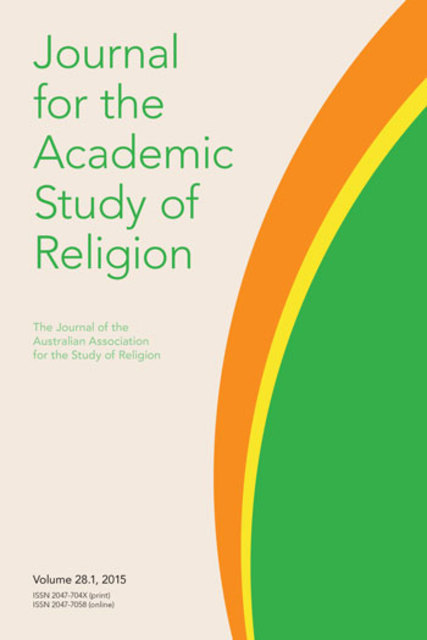The "Answer to All Your Problems"? The Overly Positive Presentation of Meditation in the Media

Full description
The current popularity of ‘secular’ meditation has been due in large part to its promotion in the mainstream Western media. In 1975 Time magazine ran a cover featuring an image of Maharishi Mahesh Yogi, the founder of Transcendental Meditation (TM) along with the headline: ‘Meditation: The Answer to All Your Problems?’ Ever since, stories about meditation have captured the attention of a Western audience receptive to narratives around spirituality, healing, self-help and wellness. The view of meditation that is portrayed by the Western media is, however, radically simplified and incomplete. Specifically, it is an overwhelmingly positive view, which at its most extreme, promotes meditation as a type of panacea or cure-all and ignores some of the potential adverse effects associated with meditation practice. Why has there been such an overwhelmingly positive portrayal of meditation in the media? This article examines some of the factors that have contributed to this view: the use of popular meditation tropes, poor scientist-journalist communication, celebrity influence and the commodification of meditation. It argues that all of these factors have combined to create a popular, but inaccurate, media portrayal of meditation as a simple and side-effect free solution for a variety of common problems.
- typeImage
- created on
- file formatjpeg
- file size24 KB
- container titleJournal for the Academic Study of Religion
- creatorAnna Lutkajtis
- issn1744-9014 (online)
- issue32.1
- publisherEquinox Publishing Ltd.
- publisher placeSheffield, United Kingdom
- rightsEquinox Publishing Ltd.
- volume
- doi
We use cookies to analyze our traffic. Please decide if you are willing to accept cookies from our website. You can change this setting anytime in Privacy Settings.
